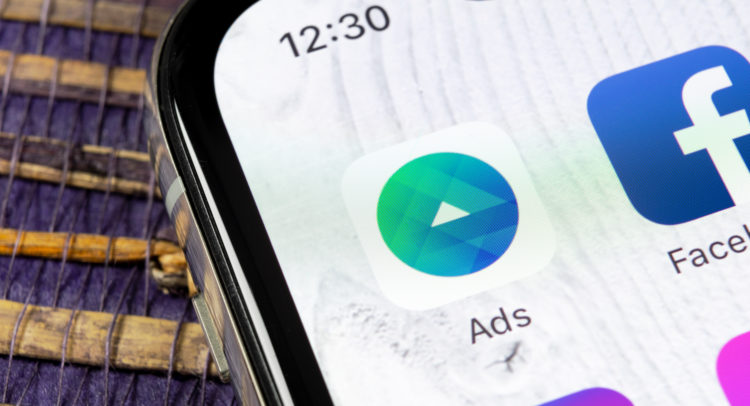Disney (DIS) has significantly reduced its ad-spend on Facebook (FB) and Instagram following concerns that the social media giant is not doing enough to enforce its own policies.
Discover the Best Stocks and Maximize Your Portfolio:
- See what stocks are receiving strong buy ratings from top-rated analysts.
- Filter, analyze, and streamline your search for investment opportunities with TipRanks’ Stock Screener.
The move by Disney follows a wave of companies that suspended marketing on the site starting in June to support a general ad boycott against racism and hate speech. Companies such as Coca-Cola, (KO) Starbucks, (SBUX) and Verizon, (VZ) endorsed the campaign called, Stop Hate For Profit on Facebook and Instagram using targeted ad suspensions as leverage.
The Wall Street Journal on July 18 reported that Disney suspended ads for its streaming service, Disney Plus in addition to Hulu streaming ads on Instagram. Disney and Facebook did not respond to requests for comment regarding the ad cuts.
Facebook announced a range of new policy changes on June 26 that appeared to address concerns by saying that they will “prohibit claims that people from a specific race, ethnicity, national origin, religious affiliation, caste, sexual orientation, gender identity or immigration status are a threat to the physical safety, health or survival of others.”
The new policy impacts only paid advertisements and will not affect posts without paid promotion.
On July 7, Facebook CEO Mark Zuckerberg and Sheryl Sandberg COO, along with select Facebook staff, met in a Zoom meeting with the boycott campaign organizers. The group included Color of Change, Free Press, the NAACP, and the Anti-Defamation League.
According to the organizers, Facebook would not commit to 10 demands that they had made despite the company’s assurances to prohibit calls to violence from politicians and remove groups focused on Holocaust denial or white supremacy.
“The answer we heard was, ‘We’re on a journey, we’re doing better, we’re almost there,’” said Anti-Defamation League President Jonathan Greenblatt. He added, “That’s not good enough.”
Sheryl Sandberg COO said in a July 7 blog post after the meeting, “We have worked for years to try to minimize the presence of hate on our platform.” She added, “We are working hard every day to enforce our policies with ever greater precision and speed. We are never going to be perfect, but we care about this deeply.”
Merrill Lynch analyst Justin Post noted on June 29 that Facebook was in an “unwinnable position” because they are caught between advertiser pressure and political pressure to avoid editorializing user-generated content to take stronger action against hate speech and misleading content.
He highlighted uncertainty for Facebook’s second and third-quarter results but added that the company has managed crises effectively before. Post maintains a Buy rating on FB stock and a price target of $265 which implies 9% upside potential.
Also, Citigroup Jason Bazinet believes that shares of Facebook have seen an overreaction in light of the ad boycotts. He reiterated a Buy rating and a price target of $275 (14% upside potential). He noted that if the ad boycott ends after July the likely impact on Facebook’s equity is $1 per share. However, if it continues it could become $17 per share, saying that it has fallen by $24 since the ad pause.
Overall, 28 analysts assign Buy ratings, 5 Hold ratings, and no Sell ratings, giving FB a Strong Buy Street consensus. The average analyst price target stands at $256.92 suggesting 6% upside potential, with shares already up 18% year-to-date. (See Facebook’s stock analysis on TipRanks).

Related News:
Facebook To Increase Oculus Production To 2 Million Units- Report
Tech Giants Join Lawsuit Against Trump Admin’s New Student Visa Rules
Facebook: COVID-19 and Ad Boycott Result in Top Analyst Slashing Estimates









